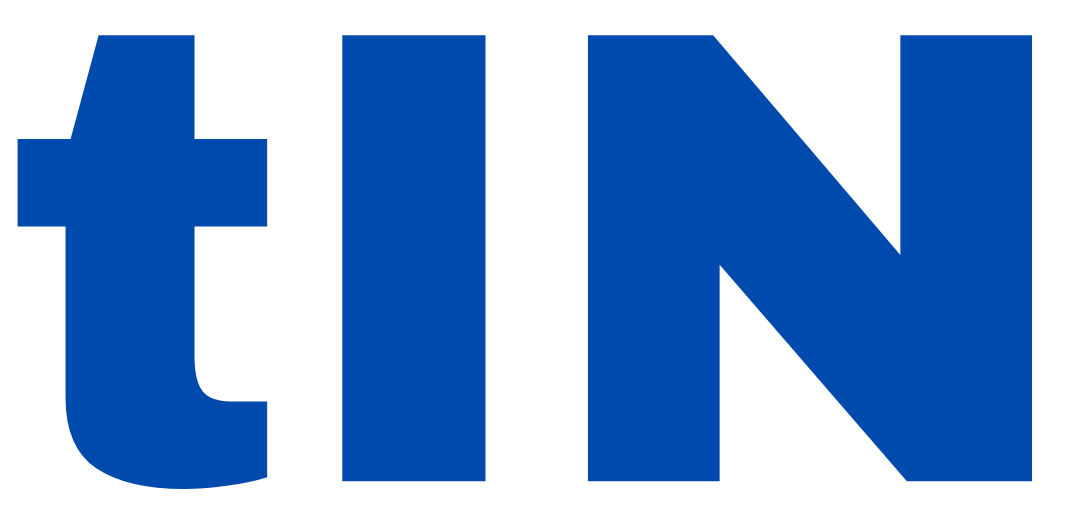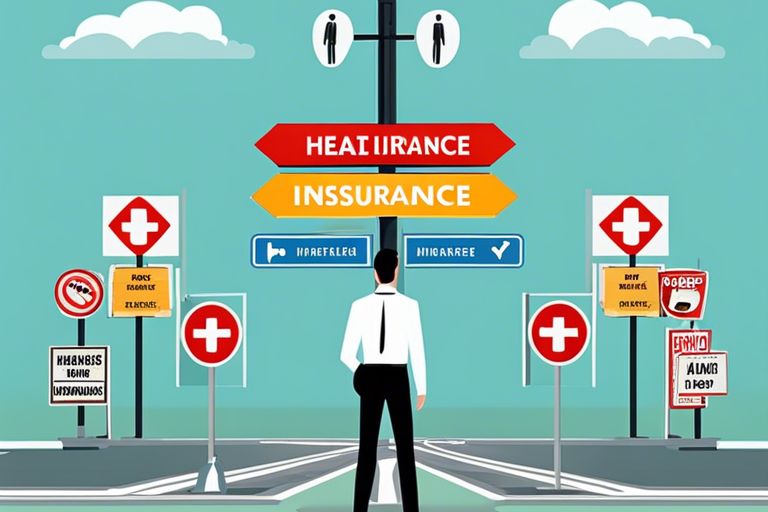With the complex world of insurance, it’s necessary to understand the basics to protect yourself and your assets. This informative guide will walk you through key concepts, types of insurance, and necessary coverage options. Whether you’re a first-time insurance buyer or looking to refine your coverage, this article will equip you with the knowledge you need to make informed decisions and secure your financial future.

Types of Insurance
To navigate the basics of insurance, it is important to understand the different types of coverage available. Below is a breakdown of the most common types of insurance policies:
| Auto Insurance | Home Insurance |
| Life Insurance | Health Insurance |
| Disability Insurance | Liability Insurance |
| Renters Insurance | Pet Insurance |
| Travel Insurance | Business Insurance |
Recognizing the type of coverage you need for your specific situation is crucial in ensuring you are adequately protected.
Life Insurance
To navigate life insurance coverage, it is important to understand that this type of insurance provides a financial benefit to beneficiaries upon the death of the insured individual. It is designed to provide peace of mind and financial security to loved ones in the event of your passing.
Health Insurance
On the subject of health insurance, it is crucial to have this type of coverage to protect against high medical costs in case of illness or injury. For instance, health insurance can cover hospital stays, prescription medications, and preventive care, ensuring that you receive the necessary treatment without financial burden.

Key Insurance Concepts
Premiums and Deductibles
Little understood by many, premiums and deductibles are crucial components of any insurance policy. An individual’s premium is the amount they pay regularly to maintain coverage, while the deductible is the out-of-pocket amount that must be paid before the insurance kicks in. Understanding these costs can help you choose a policy that fits your budget and needs.
Policy Limits and Coverage
On the other hand, policy limits and coverage determine the extent of protection provided by your insurance. This includes the maximum amount your insurance company will pay for a covered claim, as well as the types of events or circumstances that are covered by the policy. It’s crucial to review and understand these limits to avoid surprises in the event of a claim.
Policy limits and coverage play a significant role in ensuring you are adequately protected in various situations. Understanding the fine print and exclusions in your policy can prevent you from being underinsured. Additionally, exceeding policy limits could leave you financially vulnerable, so it’s crucial to reassess your coverage periodically to keep up with your changing needs.
Choosing the Right Insurance
Assessing Your Insurance Needs
Now is the time to assess your insurance needs. Right from determining the coverage you require to evaluating your budget, understanding the risks you face can help you make an informed decision.
Researching and Comparing Insurance Providers
Now is the time to research and compare insurance providers. Right from reading customer reviews to getting quotes from multiple companies, this step can help you find the best coverage at the most competitive rates.
Researching and Comparing Insurance Providers
| Research | Comparison |
| Read customer reviews online | Get quotes from multiple insurance companies |
| Check financial strength ratings | Compare coverage options and limits |
| Seek recommendations from friends and family | Evaluate customer service and claims process |
Insurance
When choosing the right insurance, research and comparison play a crucial role. It is vital to assess your needs and evaluate different providers to make an informed decision that offers you the best coverage for your specific requirements. Remember to look out for financial strength ratings, customer reviews, and coverage options before making a final choice.

Common Insurance Mistakes to Avoid
Insufficient Coverage
All too often, people make the mistake of underestimating the amount of coverage they need for their insurance policies. One must be aware that insufficient coverage can leave you vulnerable to financial risks in the event of an emergency or disaster. It’s crucial to carefully assess your needs and ensure you have adequate coverage to protect yourself and your assets.
Misunderstanding Policy Terms
Many individuals fall into the trap of not fully understanding the terms and conditions of their insurance policies. Misunderstanding policy terms can lead to confusion and unexpected costs when you need to file a claim. It is imperative to review your policy thoroughly, seek clarification on any ambiguous terms, and ensure you comprehend what is covered and what is not.
It is vital to pay attention to the fine print and consult with your insurance agent or broker if there are any terms or clauses that you do not understand. Knowing and understanding your policy terms can prevent any surprises when the time comes to utilize your insurance coverage.
Final Words
Upon reflecting on the crucials of insurance covered in this article, it’s clear that understanding the basics of insurance is crucial for making informed decisions about protecting yourself and your assets. By grasping key concepts such as coverage types, deductibles, and premiums, you can navigate the complexities of insurance with confidence. Note, knowledge is power when it comes to safeguarding what matters most to you.
FAQ
Q: What is insurance?
A: Insurance is a contract between you and an insurance company where you pay a premium in exchange for financial protection and compensation against specified risks.
Q: Why do I need insurance?
A: Insurance provides financial security and protection against unforeseen events that could result in significant financial loss.
Q: What are the different types of insurance?
A: There are various types of insurance, including auto insurance, health insurance, life insurance, home insurance, and more, each serving different purposes.
Q: How does the insurance premium work?
A: The insurance premium is the amount you pay for your insurance coverage, typically on a monthly or annual basis. It is based on various factors, including your risk profile and the coverage you choose.
Q: What is a deductible in insurance?
A: A deductible is the amount you are responsible for paying out of pocket before your insurance coverage kicks in. For example, if you have a $500 deductible and a claim for $2000, you would pay $500, and the insurance company would cover the remaining $1500.
Q: How do I choose the right insurance policy?
A: To choose the right insurance policy, consider your specific needs, assess the coverage options, compare quotes from different insurers, and review the terms and conditions carefully before making a decision.
Q: What should I do if I need to make an insurance claim?
A: If you need to make an insurance claim, contact your insurance company as soon as possible, provide all necessary documentation and details of the incident, and cooperate throughout the claims process to ensure a smooth resolution.
![]()







